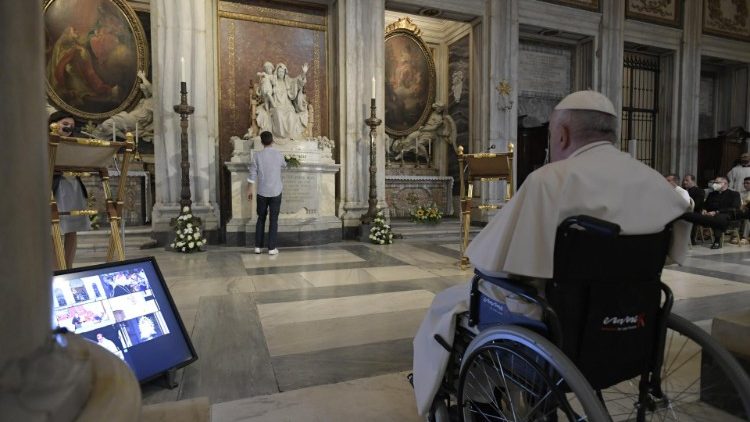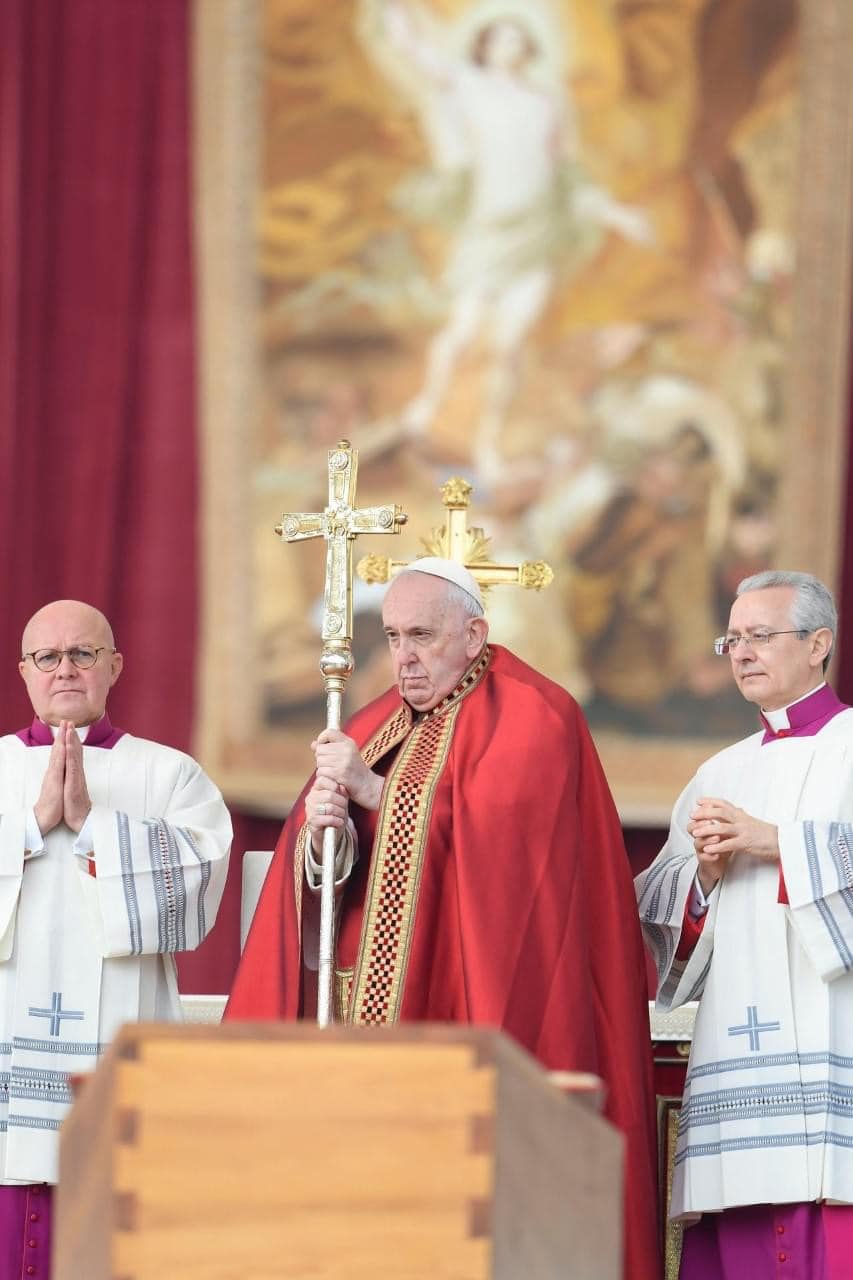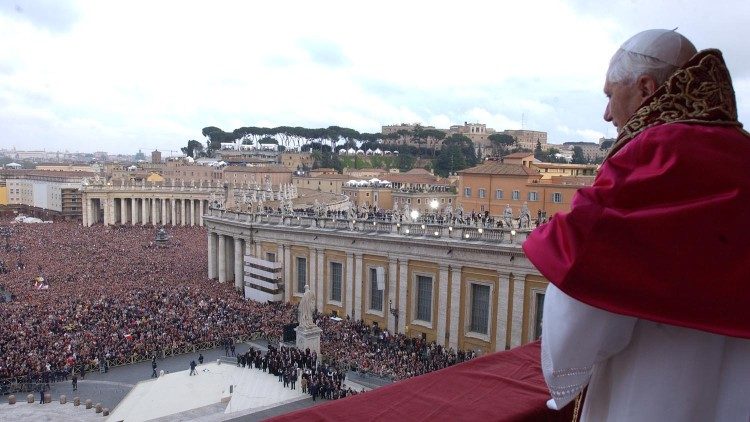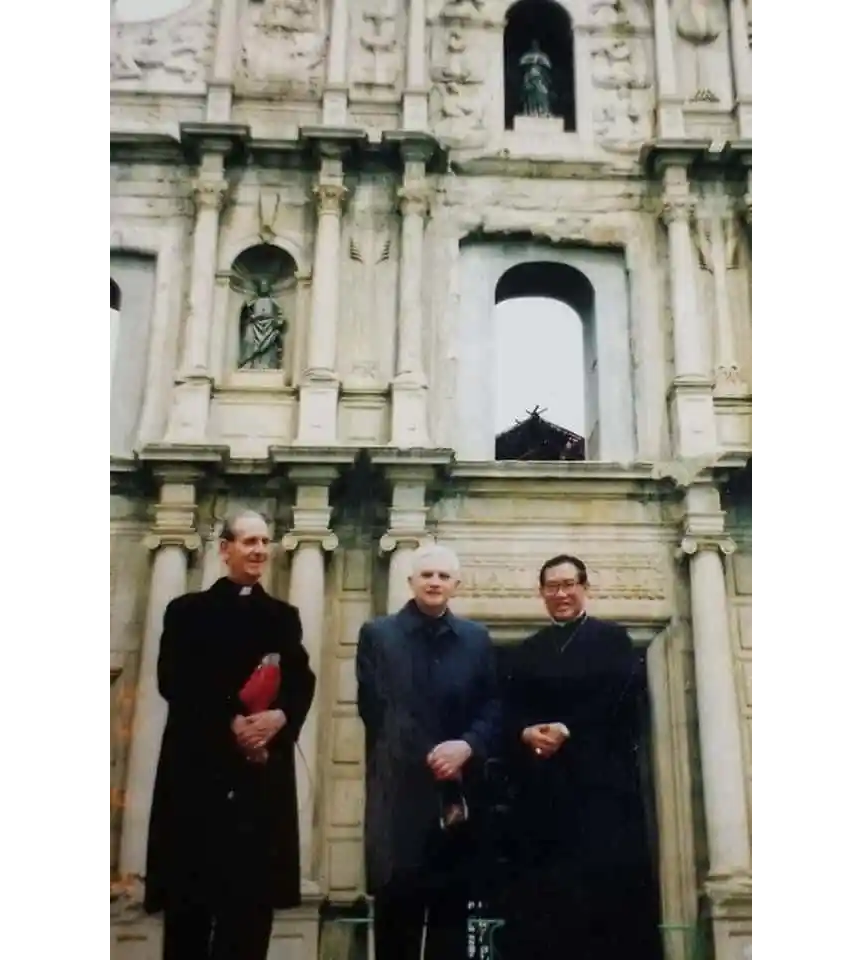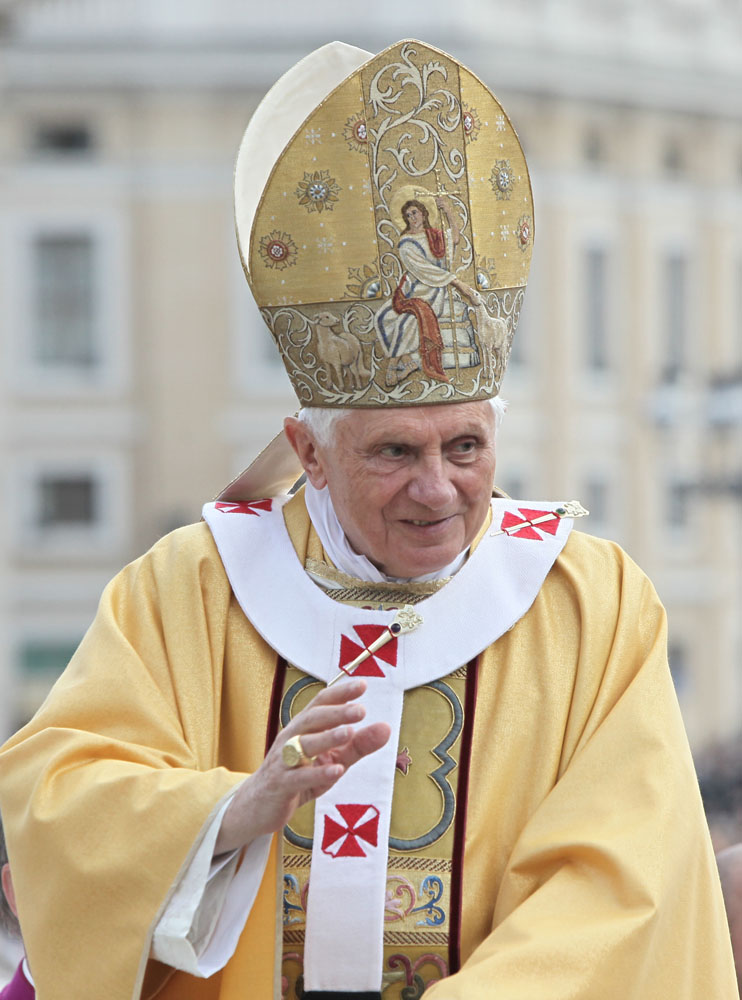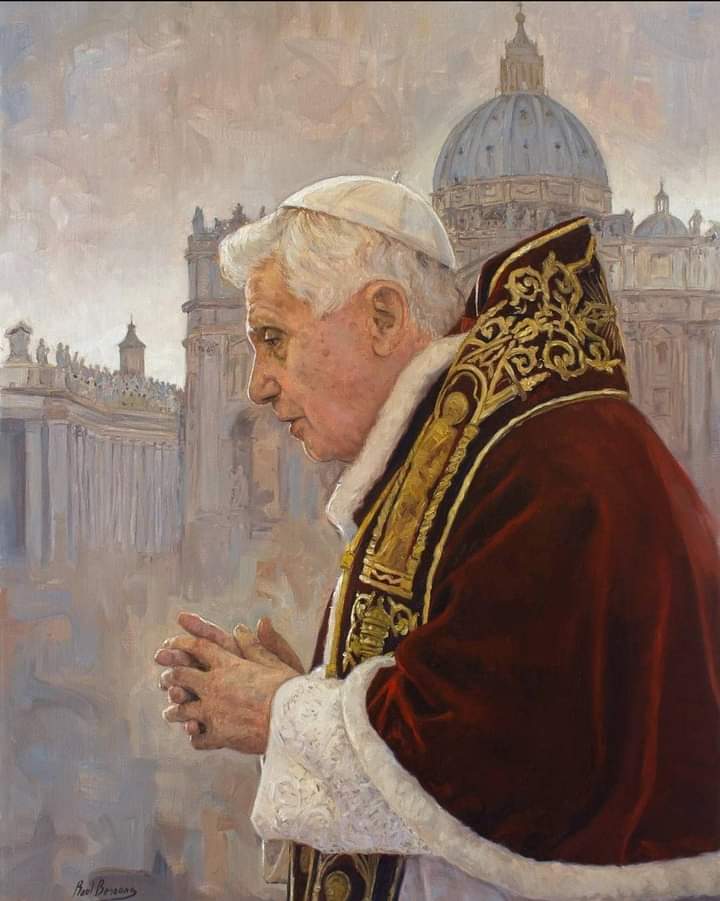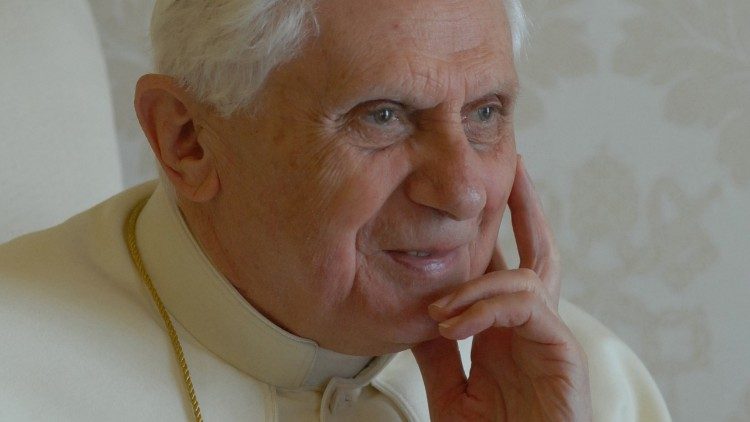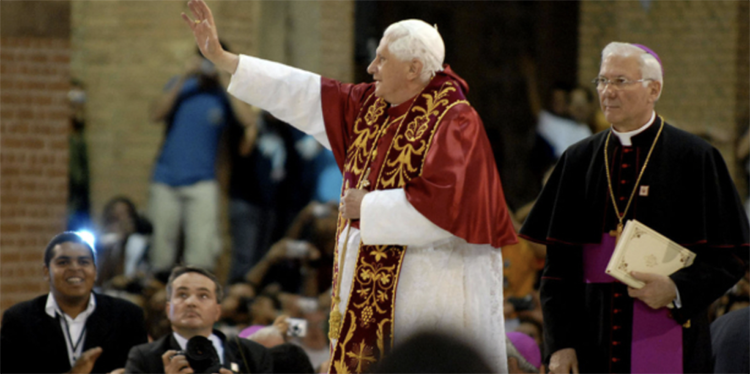Pope Francis continues to remind us of the devil’s presence, warning against the dangers of superstition and mediocrity. He stresses that ignoring the devil’s existence or engaging with superstition unknowingly invites evil. In these times of rising spiritual confusion, the Pope calls for vigilance, prayer, and trust in God’s protection.
